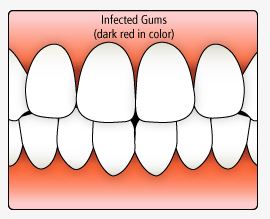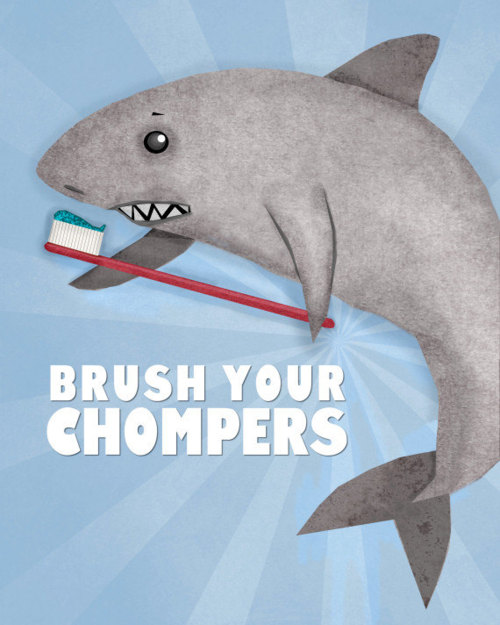Gum disease can elevate blood sugar level
September 17th, 2013
It has been established that patients with diabetes -- especially uncontrolled diabetes -- have more gum disease than patients without diabetes. Now researchers are finding that gum disease may raise blood sugar levels in patients regardless of whether or not they have diabetes.
Gum disease -- one of the most common infections worldwide -- occurs when germs cause an infection in the gums around the teeth. In periodontitis, the more advanced and serious form of gum disease, the infection is long-lasting and over time causes the soft gums and bone around teeth to dissolve.
Compared with people who have healthy gums, patients that have severe gum disease
- have higher long-term blood sugar levels
- may be at higher risk of developing type 2 diabetes
- may be at higher risk of developing pregnancy (gestational) diabetes
- have more difficulty controlling their existing type 2 diabetes
- have a greater risk of suffering injury to their eyes and kidneys or of a heart attack or stroke if they have diabetes
How does gum disease affect blood sugar levels? It seems that after normal activities such as chewing food or toothbrushing, some of the germs in infected gums escape into the bloodstream. These germs activate the body’s defense system which produces powerful molecules that have damaging effects throughout the body -- such as raising your blood sugar level.
For patients with type 2 diabetes, treatment of severe gum disease, such as with a deep cleaning, can lower blood sugar levels in a manner comparable to adding another drug to their usual diabetes medication.
It’s important to keep your gums as healthy as possible, regardless of whether or not you have diabetes, by brushing and flossing daily and having regular dental cleanings. For those who have type 2 diabetes, maintaining healthy gums may help you control your disease and lower your risk of complications from diabetes like blindness and kidney disease.
You can visit http://www.jacquesdentistry.com/gum-disease.php for more information about gum disease.
Maintaining a healthy mouth is an important part of your general well-being!






